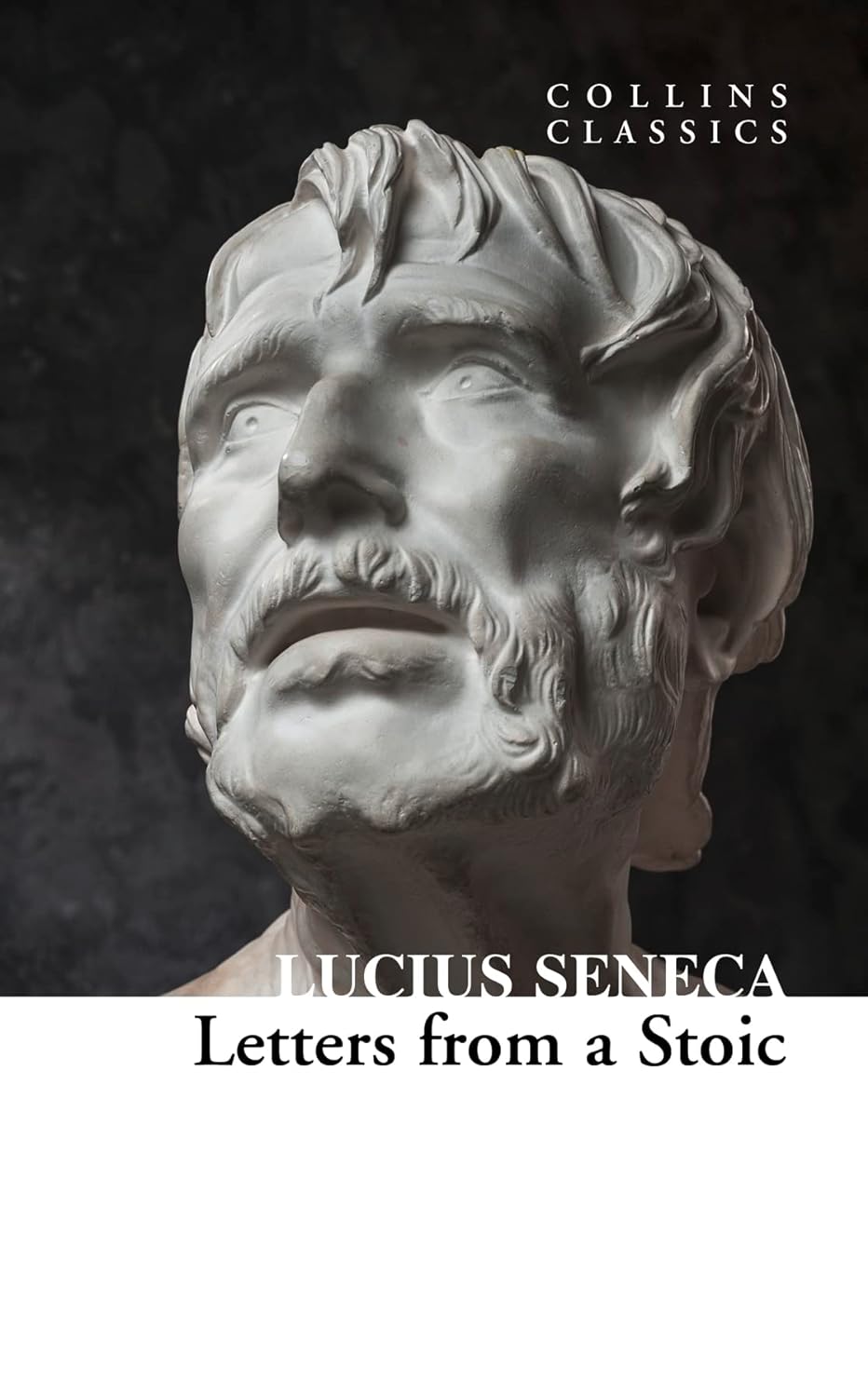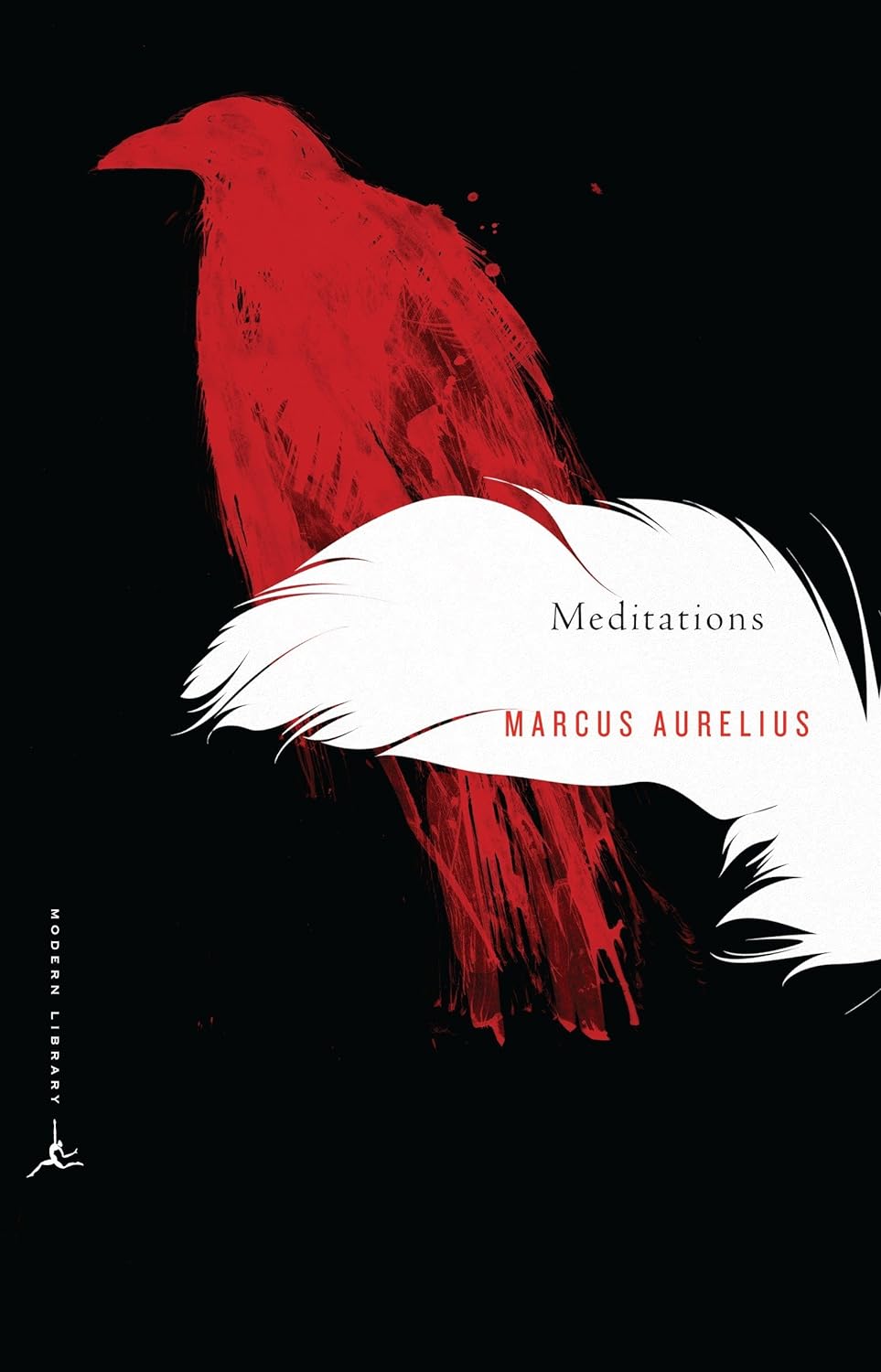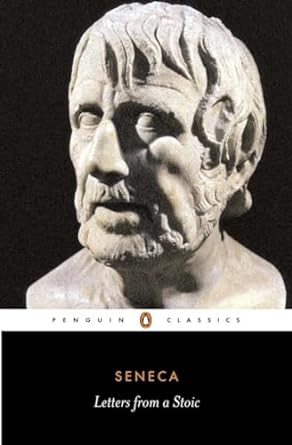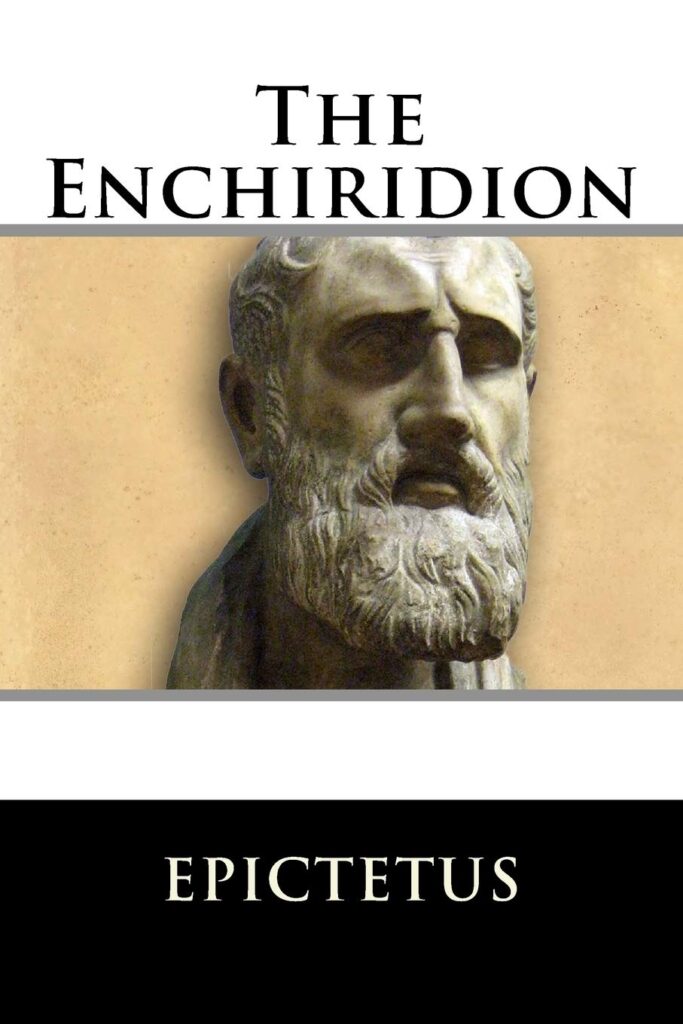
The Best Stoic Books: A Comprehensive Guide
Thanks to its practical wisdom and timeless insights, Stoicism, the ancient philosophy founded in Athens by Zeno of Citium, remains relevant two millennia later.
Whether you’re a seasoned Stoic or new to the philosophy, these essential Stoic books will deepen your understanding and help you apply Stoic principles to your daily life.
“What progress, you ask, have I made? I have begun to be a friend to myself.”
― Lucius Annaeus Seneca, Letters from a Stoic
All Amazon purchases support Coyote Church.
1. Meditations by Marcus Aurelius
Perhaps the most well known book of Stoicism, “Meditations” presents a series of personal writings by Roman Emperor Marcus Aurelius, reflecting his thoughts on Stoic philosophy and how to live a virtuous life. Written during his military campaigns, these notes were intended for his own use, making them introspective and candid.
Key Themes:
- The impermanence of life
- The importance of rationality and virtue
- The interconnectedness of all things
- Acceptance of fate
Why Read It: “Meditations” offers a unique perspective from one of history’s most powerful leaders, providing practical advice on maintaining composure and integrity in the face of adversity.

“The happiness of your life depends upon the quality of your thoughts.”
― Marcus Aurelius, Meditations
Letters from a Stoic by Seneca
This collection of 124 letters from Seneca to his friend Lucilius covers a wide range of topics, from ethical dilemmas to practical guidance on living a Stoic life. Seneca’s accessible and personal writing style makes complex philosophical concepts easy to understand.
Key Themes:
- The pursuit of virtue and wisdom
- Controlling emotions and desires
- The nature of happiness
- Facing mortality with courage
Why Read It: Seneca’s letters provide a rich source of practical advice and timeless wisdom, making them essential reading for anyone interested in Stoic philosophy.

“There is no enjoying the possession of anything valuable unless one has someone to share it with”
― Lucius Annaeus Seneca, Letters from a Stoic
Enchiridion (The Handbook) by Epictetus
The “Enchiridion,” or “Handbook,” is a concise manual of Stoic ethical advice compiled by Epictetus’ pupil, Arrian. It distills the teachings of Epictetus into practical maxims for everyday living.
Key Themes:
- Differentiating between what is within our control and what is not
- The importance of self-discipline
- Living in accordance with nature
- The role of reason in human life
Why Read It: The “Enchiridion” is a straightforward and practical guide to Stoic ethics, making it an excellent starting point for those new to Stoicism.

“Don’t explain your philosophy. Embody it.”
― Epictetus
Key Takeaways
- Virtue as the Highest Good: According to Stoicism, living a virtuous life is the key to achieving true happiness and inner peace.
- Control Over Emotions: Seneca emphasizes the importance of controlling one’s emotions and not being swayed by external events.
- Rationality and Wisdom: The pursuit of wisdom and the use of reason are central to living a good life.
- Accepting Fate: A core Stoic idea is to accept whatever happens with equanimity, understanding that we have control over our reactions but not over external events.

Historical & Philosophical Context
- Stoicism: An ancient Greek philosophy founded by Zeno of Citium, later developed by philosophers like Epictetus, Marcus Aurelius, and Seneca.
- Roman Influence: Seneca’s work reflects the adaptation of Greek Stoicism into Roman culture, emphasizing practical application in everyday life.

Legacy and Influence
- “Letters from a Stoic” has had a lasting impact on Western thought and continues to be widely read and respected.
- The work has inspired countless individuals seeking guidance on how to live a meaningful and fulfilling life.
- Seneca’s letters remain relevant today, often referenced in discussions about personal development, resilience, and mental well-being.


Letters from a Stoic (Collins Classics) Paperback
$4.99
